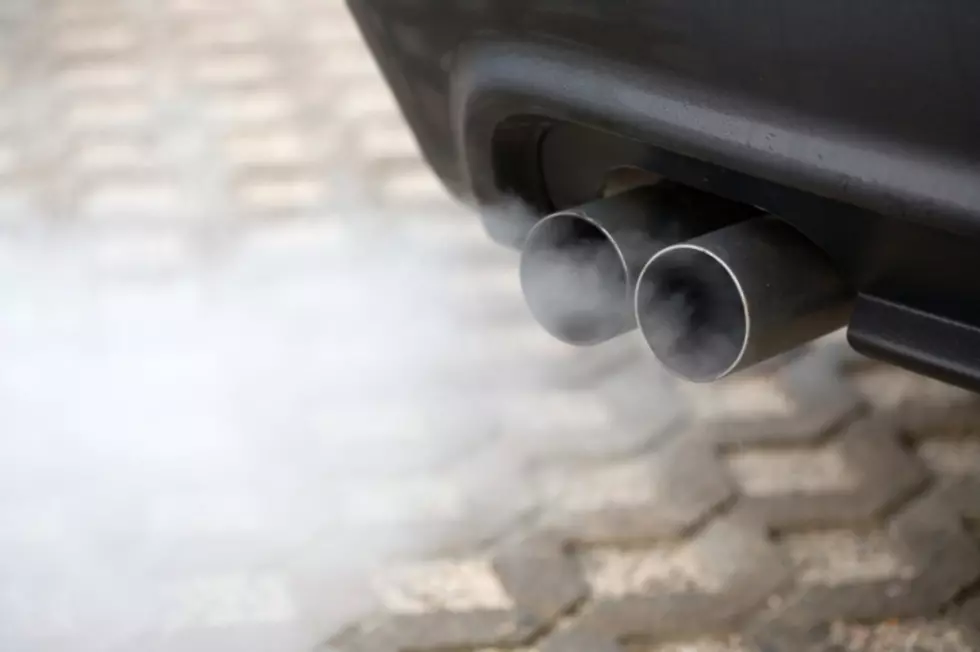
Study shows Northeast states benefit from carbon cap program
MONTPELIER, Vt. (AP) -- Amid complaints that planned federal rules to cut carbon emissions will hurt the economy, a new study says the northeastern states that already have moved in that direction are seeing economic benefits.
The study by a Boston-based consulting firm, the Analysis Group will be presented in New York Tuesday at the summer meeting of a national group of state utility regulators. It found that the nine states combined saw $1.3 billion in economic value from the carbon-cutting program from 2012 to 2014. The program prompted 14,200 new jobs and cut consumers' electric and heating bills $460 million, the consultants found.
The study's release comes at a time when states across the country are looking for ways to respond to new rules expected out next month from the Environmental Protection Agency calling for a 30 percent reduction in carbon emissions from power plants by 2030. Power plants are blamed for about a third of the nation's greenhouse gas emissions, and the EPA's Clean Power Plan has been called one of the most ambitious efforts the nation has yet made to address climate change.
"We hope regulators across the country - along with policy-makers, utilities, and other stakeholders - are able to draw useful lessons from this report, as they evaluate Clean Power Plan options in their individual states," report co-author Andrea Okie said.
The Regional Greenhouse Gas Initiative, which launched in 2009, allows the six New England states, New York, Maryland and Delaware to set a regional target for carbon emissions that ratchets down year by year. Such systems are called "cap and trade" systems -- cap for setting an overall emissions limit, and trade for allowing states to sell pollution allowances to power plants as long as they don't exceed the caps. The money raised has been used for utility rate reductions, energy efficiency or to help renewable power development.
Per-kilowatt-hour electric rates have gone up in most of the Northeast. But "total electric bills have gone down, thanks largely to the states' investment in energy efficiency," said report co-author Sue Tierney.
The regional cap-and-trade program has been met with skepticism in some quarters. New Jersey Gov. Chris Christie withdrew his state from the program in 2011, calling it a failed public policy and a burden to taxpayers.
And the EPA plan has drawn fire from Republicans in Washington, with the U.S. House approving legislation June 24 that would allow states to opt out if the governor determines it would cause significant rate hikes for electricity or harm reliability of service.
Some business groups, including the U.S. Chamber of Commerce, have been sharply critical of the EPA's plan, with the Chamber saying it will reduce gross domestic product by $51 billion a year and cost 224,000 jobs each year between now and 2030.
Richard Sedano, a partner with the Montpelier-based Regulatory Assistance Project, with advises governments around the world on energy policy, said that, given the EPA is promising significant flexibility in its new rules, it's not certain that other states will adopt the regional cap-and-trade approach as the northeastern states have. But he said it would make sense for them to do so.
Other "states are talking to each other about regional compliance," Sedano said. "I wouldn't say they're negotiating yet. Essentially when the rules come out they'll be dealt their cards." That's when the negotiations will begin in earnest, he said.
(Copyright 2015 The Associated Press. All rights reserved. This material may not be published, broadcast, rewritten or redistributed.)
More From New Jersey 101.5 FM








